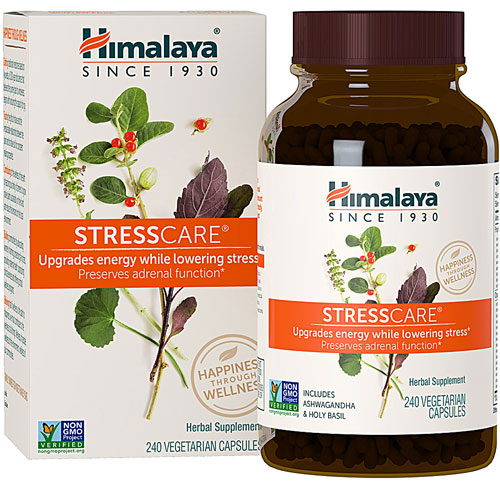From receiving terrible news to dealing with a terrible week, the urge to cry runs under the current of our daily emotional lives.
And yet, despite how natural crying can be, there’s a negative stigma attached to it. Warmth and happiness are eagerly accepted in public, but grief and stress, society tells us, must be dealt with in private.
But what if we all realized that crying is in fact not only natural but also downright good for us? Here’s why we cry, why it’s beneficial for our health, and why, when that urge strikes, we should surrender to that box of Kleenex:
Why do we cry?
We may feel strong and vibrant one minute only to think of a relative we’ve lost, a child who is leaving home, or—let’s face it—an image of a kitten, and feel our eyes water (if not our whole chest heave with sobs). Shocking to some, embarrassing to several, and embraced by others, crying is simply part of our nature—and there’s a biological reason behind it.
“Crying can be scientifically defined as the shedding of your tears in response to an emotional state; very different from ‘lacrimation,’ which is the non-emotional shedding of tears,” The Independent reports.
All produced in the same place—the lacrimal gland, which rests right between your eyeball and eyelid—your waterworks are triggered for three primary reasons and activate three types of tears: basal, or “worker tears,” that “keep your cornea nourished and hydrated so your eyes don’t dry out,” reflex tears, which work to cleanse your eyes when confronted with irritants, and psychic tears—those tears we most commonly associate with unwanted break-ups, new brides saying “I do,” and old photos.
The latter of these tears are controlled by the limbic system—part of the autonomic nervous system (that section that, yes, you don’t have any dominance over).
“This system,” The Independent continues, “via a neurotransmitter called acetylcholine, has a degree of control over the lacrimal ‘tear system; and it is this tiny molecule which then stimulates tear production. So in short, your emotional reaction to the break-up triggers your nervous system, which in turn, orders your tear-producing system to activate.” In other words, crying is a wholly organic response to both the negatives and positives in life; indeed, as natural as breathing air.
The benefits of crying
What’s more, crying is actually good for you. Meaning, of course, that our nervous system is a brilliant mechanism organized around not just our survival but also our quality of life. Weeping may occasionally arrive at inopportune times but it does serve a biochemical—and social—purpose.
First, as neuroscientist and tear expert Dr. William H. Frey II says, crying releases a host of toxins, which often accumulate when faced with psychic stress. Additionally, it lessens the body’s manganese level—manganese being a mineral that “affects mood and is found in up to 30 times greater concentration in tears than blood serum.” It may reduce blood pressure and improve heart and brain health as well, in that “unalleviated stress can increase our risk of heart attack and damage areas of our brains.”
It also helps keep our noses properly moist and bacteria-free, and, bonus points, enhances our overall mood: A study out of the University of Florida determined that 88.4% of weepers felt noticeably better after giving into a good cry, thanks to the fact that tears “contain leucine-enkephalin, an endorphin responsible for reducing pain and improving mood,” Mind Body Green reports.
Moreover, crying—even if it might bring some a touch of shyness—acts as a social cue for care and compassion: Intuition and experience aside, Dutch researchers discovered that people were more prone to offer some sort of physical contact/soothing to someone who is crying—and the basic comforts were offered in response, whether it’s a hug or a hand on the back, can further boost our mood and relieve stress.
So, if you feel that sudden wetness behind your eyes for whatever reason, go ahead and cry. After all, as Dr. Frey says, “It’s important that we evolved this ability. If you can alleviate stress, you can prevent stress damage to the heart and brain and improve long-term survival. We shouldn’t be conditioning young children not to cry; we should be happy that they have the ability.” Indeed.




